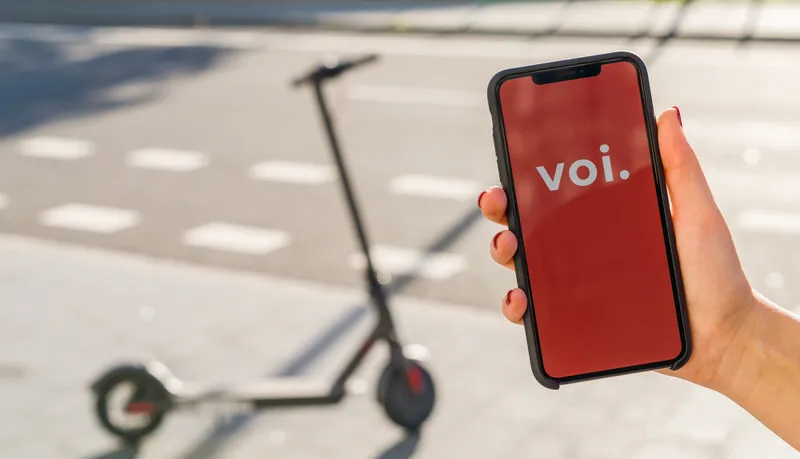
Research by Women in Transport and micromobility operator Voi Technology has found that 79% of women feel unsafe riding e-scooters due to a lack of appropriate infrastructure.
It is one of several hurdles to uptake of this mode of transport that were revealed in Shared e-scooters and gender equity:
83% of survey respondents say drivers’ and other road users’ attitudes towards e-scooter riders was a barrier to using shared e-scooters
90% of women are confident renting a scooter by day, but only 64% at night
83% of respondents think docking locations can be a barrier to riding if not located in safe areas
The survey questioned nearly nearly 500 women and held five focus groups on aspects of micromobility such as the perceived benefits and disadvantages of riding shared e-scooters.
The report contains a number of recommendations, such as putting the development of infrastructure and reallocation of road-space in cities at the heart of local authorities' mobility frameworks, and at the top of their wider transport, environmental and public health agendas.
It also suggests that authorities and e-scooter providers should collaborate to ensure local environments and cultures support night-time safety for women - for example, by ensuring public spaces are sufficiently lit, and providing bystander awareness and education to help prevent violence and harassment of women and girls.
The authors also call for more clarity and certainty from governments over laws around both shared and private e-scooters.
Voi worked with Women in Transport to bring together a number of experts to form the Gender Equity Commission, including participants from C40, the International Transport Forum, Women In Mobility and Open Inclusion and others.
Their recommendations feature throughout the report, and Voi says it is piloting night-time safety events in various European cities.
Voi’s Gender Safe Parking Standard will involve the technical assessment of parking locations based on agreed metrics mapped to a number of indicators that are directly related to women’s safety, to make sure the company's parking zones meet the requirements.
Voi said it will also commit to publishing ridership figures in all of its markets, where data is available.
Fredrik Hjelm, Voi co-founder and CEO, said: “By collaborating closely with cities and governments, we can ensure that measures to address barriers that women may have in enjoying e-scooters, and feeling safe in doing so, will continue to be addressed, in particular with our new Gender Safe Parking Standard.”
Jo Field, president of Women In Transport, said: “The gender gap in shared e-scooter use deserves considerable attention from the micromobility sector, and anyone else concerned with gender equity in transport and the urban realm."
“We urge policy makers and e-scooter operators to closely consider the findings and, crucially, take action based on the recommendations.”








